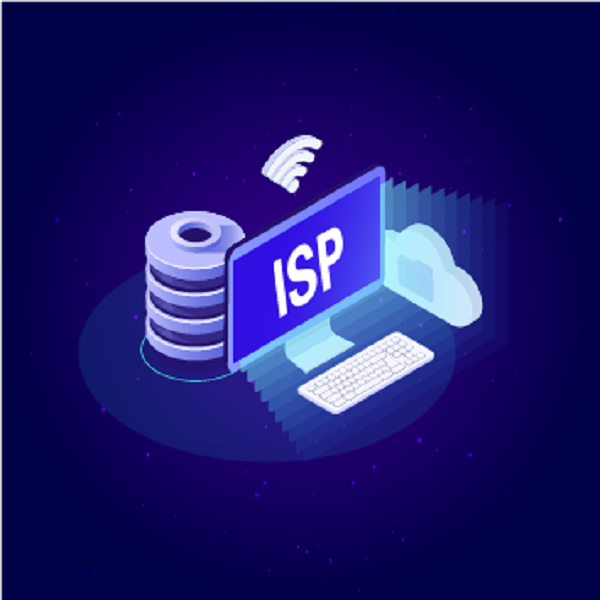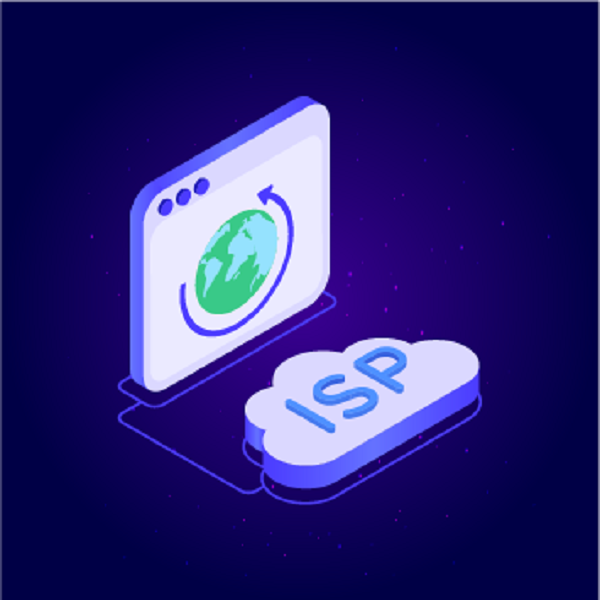Residential Proxies
Allowlisted 200M+ IPs from real ISP. Managed/obtained proxies via dashboard.

Proxies
Residential Proxies
Allowlisted 200M+ IPs from real ISP. Managed/obtained proxies via dashboard.
Residential (Socks5) Proxies
Over 200 million real IPs in 190+ locations,
Unlimited Residential Proxies
Use stable, fast, and furious 700K+ datacenter IPs worldwide.
Static Residential proxies
Long-lasting dedicated proxy, non-rotating residential proxy
Dedicated Datacenter Proxies
Use stable, fast, and furious 700K+ datacenter IPs worldwide.

Web Unblocker
View content as a real user with the help of ABC proxy's dynamic fingerprinting technology.
Proxies
API
Proxy list is generated through an API link and applied to compatible programs after whitelist IP authorization
User+Pass Auth
Create credential freely and use rotating proxies on any device or software without allowlisting IP
Proxy Manager
Manage all proxies using APM interface

Proxies
Residential Proxies
Allowlisted 200M+ IPs from real ISP. Managed/obtained proxies via dashboard.
Starts from
$0.77/ GB
Residential (Socks5) Proxies
Over 200 million real IPs in 190+ locations,
Starts from
$0.045/ IP
Unlimited Residential Proxies
Use stable, fast, and furious 700K+ datacenter IPs worldwide.
Starts from
$79/ Day
Rotating ISP Proxies
ABCProxy's Rotating ISP Proxies guarantee long session time.
Starts from
$0.77/ GB
Static Residential proxies
Long-lasting dedicated proxy, non-rotating residential proxy
Starts from
$5/MONTH
Dedicated Datacenter Proxies
Use stable, fast, and furious 700K+ datacenter IPs worldwide.
Starts from
$4.5/MONTH
Knowledge Base
English
繁體中文
Русский
Indonesia
Português
Español
بالعربية


Mobile 4G proxy is a proxy service based on cellular networks (4G/5G) that simulates the Internet behavior of real user devices by dynamically allocating mobile operator IP addresses. Compared with traditional static proxies, its IP source is closer to the personal user network environment and has higher anonymity and anti-detection capabilities. This technology is widely used in scenarios that require high concealment, such as social media account management, advertising effect verification, mobile application testing, etc.
abcproxy's mobile 4G proxy service relies on global operator network resources to provide stable support for cross-regional and high-concurrency network tasks.
1. Technical implementation principle of mobile 4G proxy
Cellular network features
By communicating with the base station through the SIM card to obtain a dynamic IP address, a single device can periodically switch between different IP segments, naturally avoiding the characteristics of a fixed IP.
Network requests are forwarded via the operator's gateway, and the traffic characteristics are exactly the same as those of ordinary mobile phone users, reducing the risk of being marked as machine traffic by the target platform.
proxy architecture design
Physical SIM card pools and modem clusters are used to achieve dynamic scheduling of large-scale IP resource pools. For example, abcproxy's 4G proxy nodes can provide more than 100,000 IP rotations per day.
It supports TCP/IP layer protocol transparent transmission, is compatible with multiple communication standards such as HTTP/HTTPS/SOCKS5, and adapts to the needs of different business scenarios.
2. Typical application scenarios and demand matching
Social Media Operations
When managing multiple account matrices, each account is bound to an independent mobile IP to avoid triggering platform risk control strategies due to IP association.
Simulate real user geographic locations, capture localized content recommendation data, and optimize content publishing strategies.
Ad serving verification
Access advertising pages through mobile IP addresses in different regions to test the accuracy of regional targeted delivery.
Monitor the loading speed and display logic of ad creatives to troubleshoot regional display anomalies.
Mobile application compatibility testing
Use different operator network environments (such as Verizon, AT&T, and China Mobile) to test the APP functions and verify the stability when switching networks.
Collect user behavior data under weak network conditions and optimize application fault tolerance mechanisms.
3. Differentiated advantages of mobile 4G proxys
High anonymity and low ban rate
Mobile IPs are usually not included in public proxy databases, and it is difficult for target platforms to identify proxy behavior through IP attributes. Actual measurement data shows that the request pass rate of 4G proxies is 37% higher than that of data center proxies.
The IP address is strongly correlated with the geographical location of the base station and can accurately simulate the network environment of a specific city or even a block.
Dynamic resource expansion capabilities
Based on the elastic IP pool of the operator network, a single task can support up to thousands of concurrent users, and the IP reuse interval can be customized.
Combined with load balancing technology to automatically allocate resources, for example, abcproxy's intelligent scheduling system can dynamically adjust bandwidth allocation based on task priority.
4. Key parameters for technology selection
IP coverage breadth
Prioritize the proxy service providers that support multiple countries/regions and multiple operators. For example, they cover the mainstream operator networks such as T-Mobile (USA), Docomo (Japan), Vodafone (Europe), etc.
Verify the purity of the IP type to ensure that low-quality IPs generated by second-hand SIM cards or virtual numbers are not mixed.
Protocol support and compatibility
Check whether extended functions such as UDP protocol (such as video streaming capture) and IPv6 address (future compatibility) are supported.
The API interface needs to provide management functions such as IP survival status query and real-time usage statistics to facilitate integration into automated workflows.
5. Technical challenges and development trends
Continuous fight against anti-climbing technology
Some platforms have begun to analyze base station signal characteristics (such as Cell ID), and need to develop base station fingerprint obfuscation technology to dynamically simulate different connection parameters.
The device fingerprint randomization algorithm is introduced to cooperate with the 4G proxy to achieve end-to-end behavior anonymization.
Technological dividends of 5G networks
5G network slicing technology is used to allocate exclusive frequency bands for proxy services, further reducing latency to less than 10ms.
The directional proxy service covered by the millimeter wave high frequency band can meet the financial data capture scenarios that require extremely high network stability.
As a professional proxy IP service provider, abcproxy provides a variety of high-quality proxy IP products, including residential proxy, data center proxy, static ISP proxy, Socks5 proxy, unlimited residential proxy, suitable for a variety of application scenarios. If you are looking for a reliable proxy IP service, welcome to visit the abcproxy official website for more details.
Featured Posts
Popular Products
Residential Proxies
Allowlisted 200M+ IPs from real ISP. Managed/obtained proxies via dashboard.
Residential (Socks5) Proxies
Over 200 million real IPs in 190+ locations,
Unlimited Residential Proxies
Use stable, fast, and furious 700K+ datacenter IPs worldwide.
Rotating ISP Proxies
ABCProxy's Rotating ISP Proxies guarantee long session time.
Residential (Socks5) Proxies
Long-lasting dedicated proxy, non-rotating residential proxy
Dedicated Datacenter Proxies
Use stable, fast, and furious 700K+ datacenter IPs worldwide.
Web Unblocker
View content as a real user with the help of ABC proxy's dynamic fingerprinting technology.
Related articles

How to get data using BeautifulSoup
This article discusses how to use BeautifulSoup to obtain data, and introduces the important role of proxy IP in web page collection. It recommends the use of abcproxy's high-quality proxy IP products.

How to use Batchdata to optimize large-scale data processing
This article analyzes the core value and technical implementation path of Batchdata, explores how to improve the efficiency and security of batch data processing through proxy IP services, and provides practical guidance for enterprise-level data management.

Core technology of browser automation: dynamic rendering processing and anti-crawling
This article deeply analyzes the key breakthroughs of browser automation technology in 2025, from underlying protocol analysis to distributed architecture design, and details engineering-level solutions to core problems such as dynamic page rendering, fingerprint obfuscation, and verification code cracking.